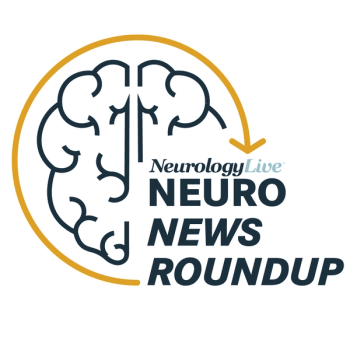
In honor of National Stroke Awareness Month, held May 2023, get caught up on some of the latest news in stroke as the NeurologyLive® team shares some of our data updates.

In honor of National Stroke Awareness Month, held May 2023, get caught up on some of the latest news in stroke as the NeurologyLive® team shares some of our data updates.

Females with episodic migraine had higher interictal CGRP concentrations in plasma and the tear fluid during menstruation than females without migraine.
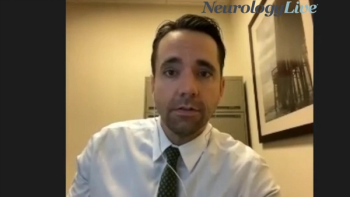
The director of the Memory & Cognitive Disorders Clinic at Hoag Neuroscience Institute discussed the future of treating Parkinson disease psychosis, and potential ways to lower risk of poor long-term outcomes. [WATCH TIME: 3 minutes]

Episode 34 of the AUPN Leadership Minute features Alissa Willis, MD, of University of Mississippi Medical Center; and Merit Cudkowicz, MD, of Mass General Hospital and Harvard Medical School. [WATCH TIME: 4 minutes]

A recent published study highlighted the importance of environmental risk factors for Parkinson disease, such as exposure to trichloroethylene and other volatile organic compounds.
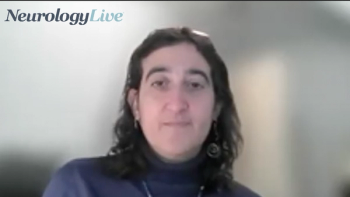
The consultant and founder of Accelerating NeuroVentures talked about the pridopidine arm from the HEALEY ALS Platform trial, which showed significant benefits in speech measures. [WATCH TIME: 5 minutes]

Clinically relevant effect sizes were observed, with those in the highest Dietary Inflammatory Index quartile having relapse risk 2.45 times higher than those in the lowest quartile.

Findings showed that greater average daily step count was significantly correlated with greater C2-C3 spinal cord gray matter areas, total cord area, and cortical gray matter volume.

In honor of ALS Awareness Month, held May 2023, get caught up on some of the latest news in amyotrophic lateral sclerosis as the NeurologyLive® team shares some of our data updates.
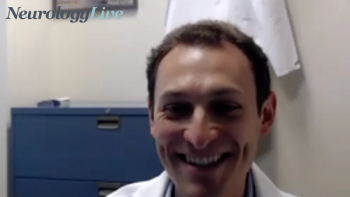
The director of vascular neurology at NYU Langone talked about how to identify the signs and symptoms of stroke and the importance of early intervention. [WATCH TIME: 4 minutes]
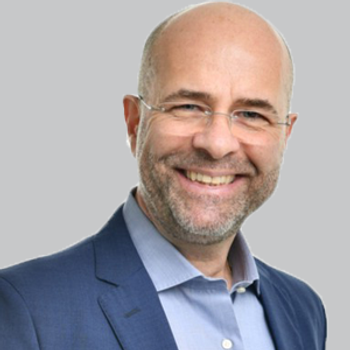
Asudexian is currently being assessed in a large-scale phase 3 program expected to comprise more than 27,000 patients with atrial fibrillation across over 40 countries.
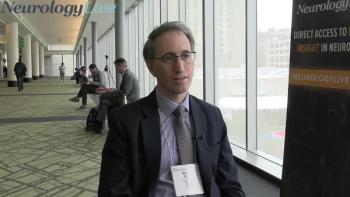
The senior academic at the University of Sydney provided perspective on the role of CNM-Au8 in MS among a crowded treatment landscape, and the need for adjuvant treatments that address lingering lesion burden. [WATCH TIME: 3 minutes]

Here's some of what is coming soon to NeurologyLive® this week.
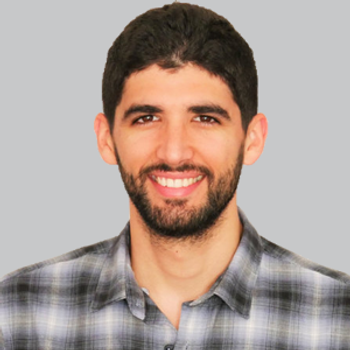
To date, in the largest series of patients treated with lacosamide after first-line treatment failure, pain relief was achieved in 66% of patients, with a relatively low proportion of mild adverse events.
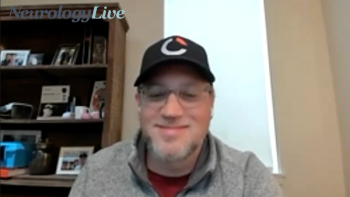
The chief executive officer of Cognixion talked about the Cognixion ONE Axon, a wireless, wearable brain-computer interface that combines EEG technology with an augmented reality headset for patients with neurodegenerative diseases. [WATCH TIME: 4 minutes]

Test your neurology knowledge with NeurologyLive®'s weekly quiz series, featuring questions on a variety of clinical and historical neurology topics. This week's topic is sleep and sleep disorders.

Steven C. Cramer, MD, stroke neurologist and professor of neurology at UCLA, talked about the 3 main types of rehab therapy given to poststroke patients and the significant disparities in access.

The phase 1/2 MARINA trial assessed the activity of AOC 1001 across key biomarkers, including spliceopathy, an important biomarker for myotonic dystrophy type 1, and knockdown of DMPK mRNA.
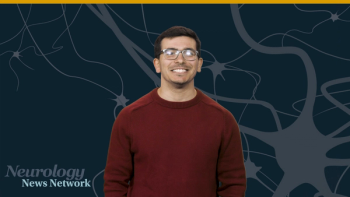
Neurology News Network for the week ending May 20, 2023. [WATCH TIME: 4 minutes]

Take 5 minutes to catch up on NeurologyLive®'s highlights from the week ending May 19, 2023.

The assistant professor of neurology at the University of North Carolina at Chapel Hill discussed the importance of recognizing disability as part of diversity in neurology, emphasizing the need for inclusive communication and accessibility for disabled patients. [WATCH TIME: 10 minutes]

Treatment with valbenazine at doses of up to 80 mg once per day significantly improved chorea, as demonstrated by the mean change in UHDRS Total Maximal Chorea scores.
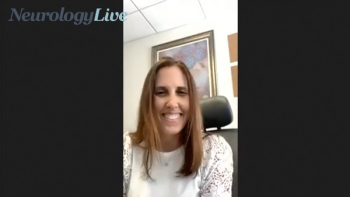
The associate professor of neurology at Albert Einstein College of Medicine talked about a review on neonatal seizures recently published in the New England Journal of Medicine. [WATCH TIME: 5 minutes]

Mind Moments®, a podcast from NeurologyLive®, brings you an exclusive interview with James Berry, MD, PhD. [LISTEN TIME: 14 minutes]

Anand Patel, MD, CPI, chief medical officer at Conquest Research, discussed a phase 2 study that investigated the efficacy and safety of LX9211, an oral medication targeting neuropathic pain.

Neurological rehabilitation, or neurorehabilitation, can be described as the use of rehabilitation interventions to improve or maintain function and quality of life in the context of neurological conditions.
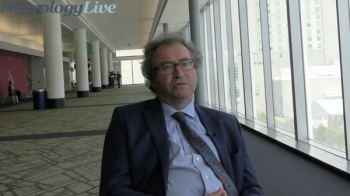
The director of the Mayo Clinic Center for Multiple Sclerosis and Autoimmune Neurology provided commentary on the possibility of preventing NMOSD, and the need to improve access to approved therapies and AQP4 testing. [WATCH TIME: 3 minutes]
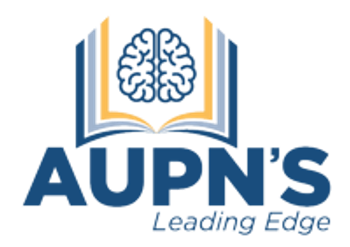
AUPN Leading Edge Episode 6 features John D. England, MD, FAAN, and Jinsy Andrews, MD, MSc, who discuss the experiences, opportunities, and challenges while transitioning between academia and industry. [LISTEN TIME: 33 minutes]

The associate professor at the University of Colorado talked about a study involving pediatric patients with multiple sclerosis and related disorders, and the risk of COVID-19 infection among those on B-cell-depleting therapy. [WATCH TIME: 5 minutes]

Poststroke patients with more severe deficits and better clinical factors received larger doses of rehabilitation therapy, according to a recently published study.